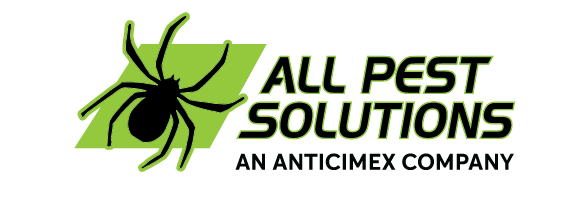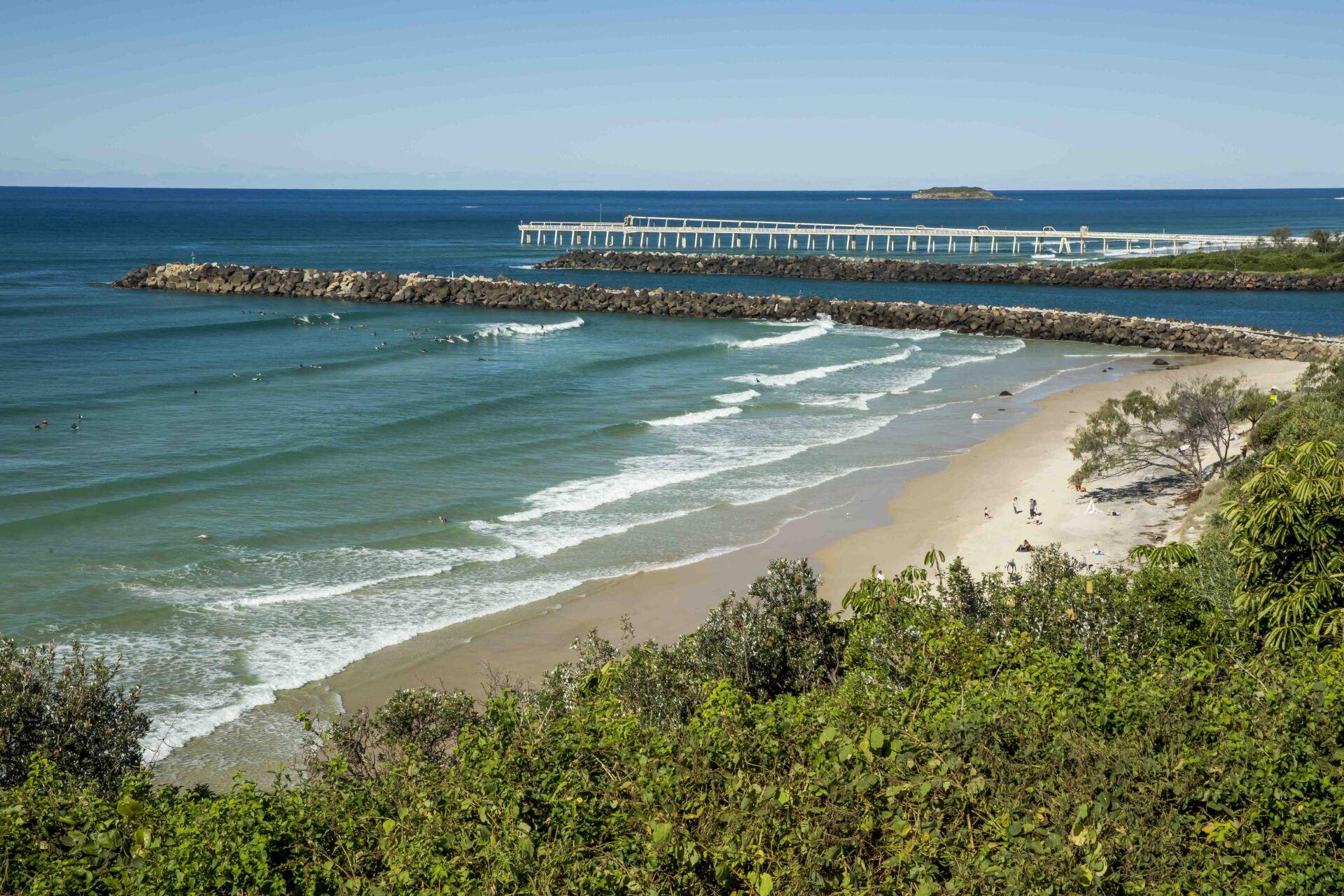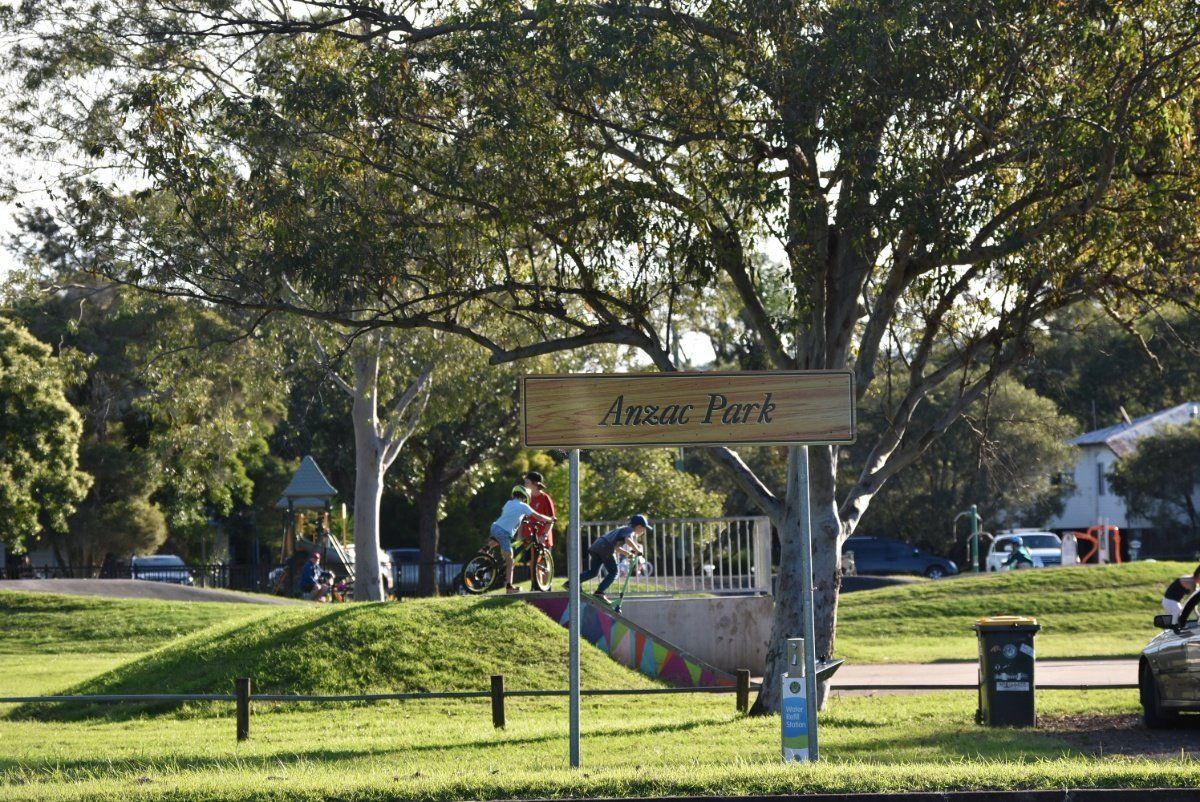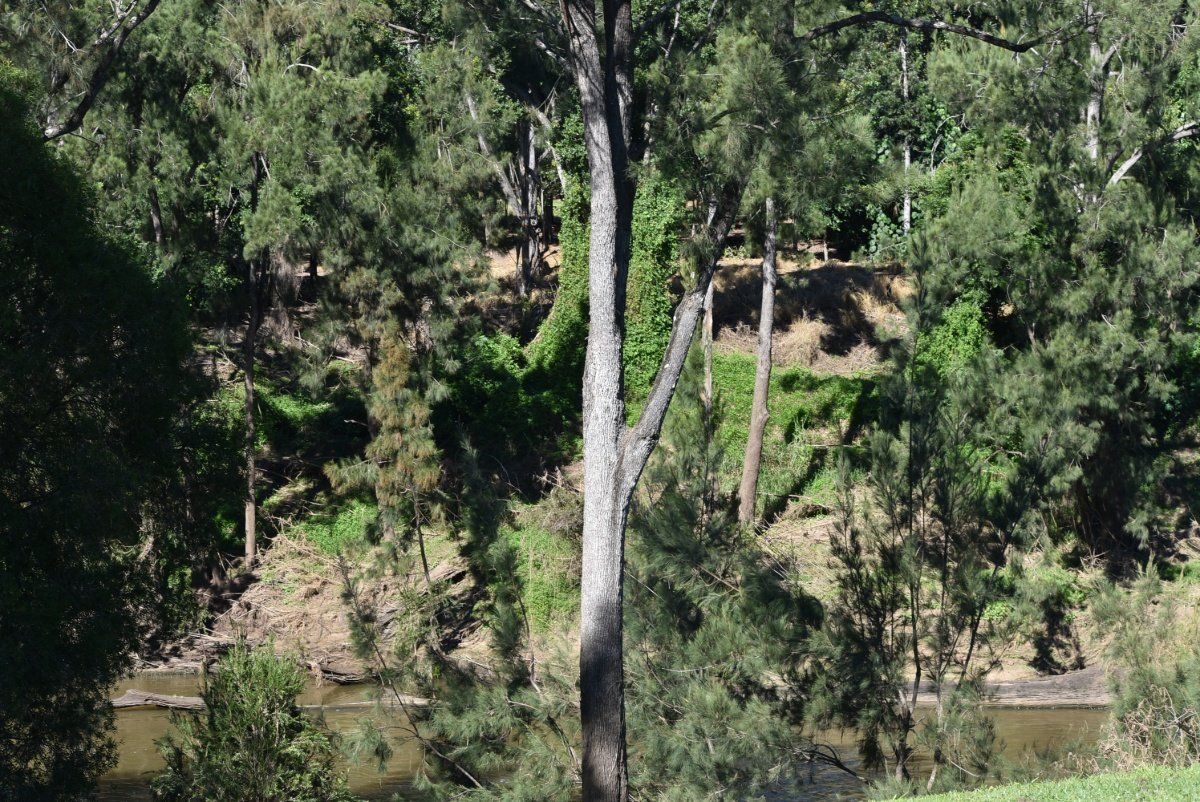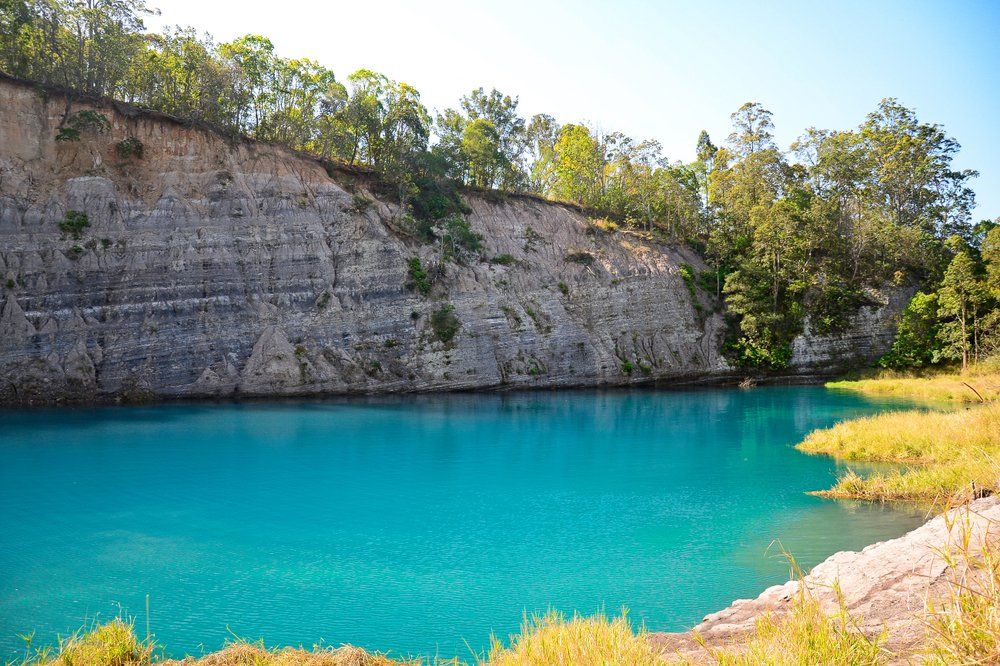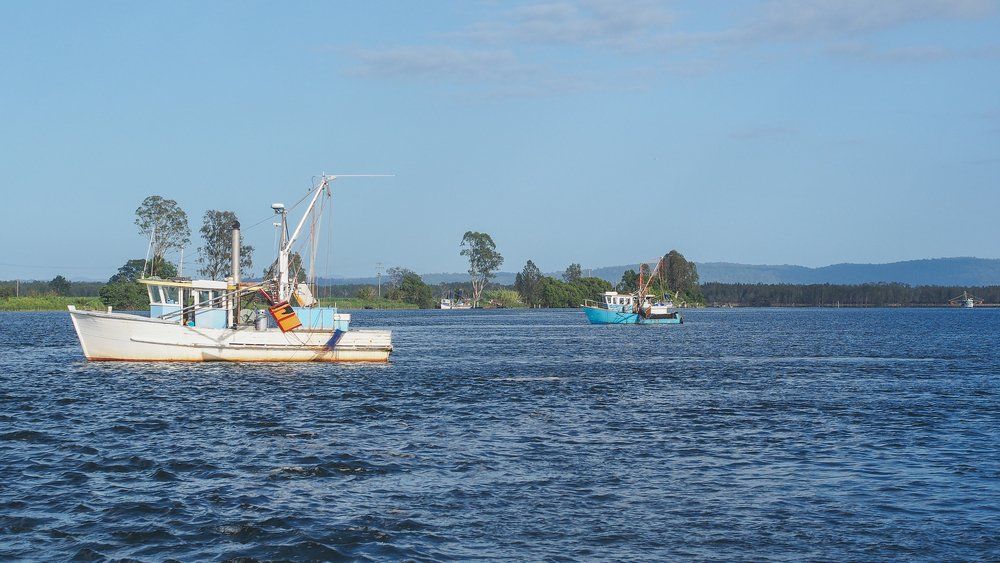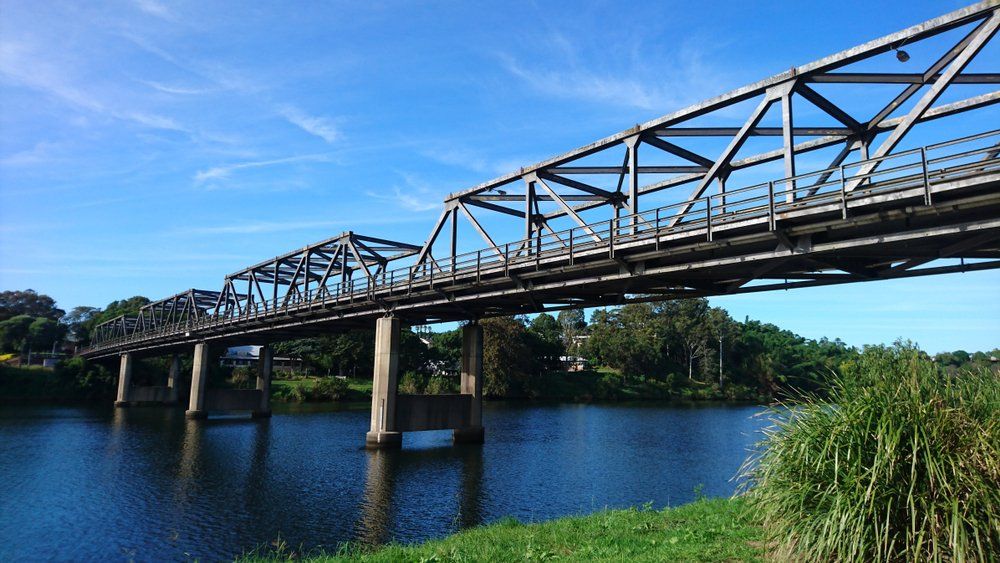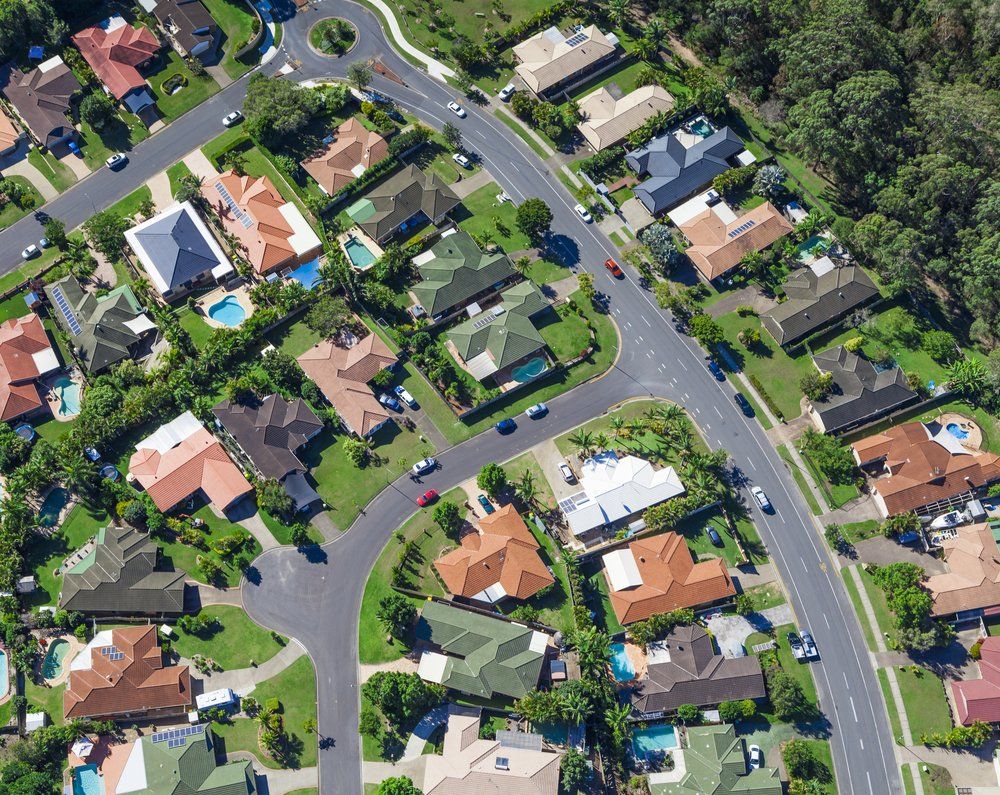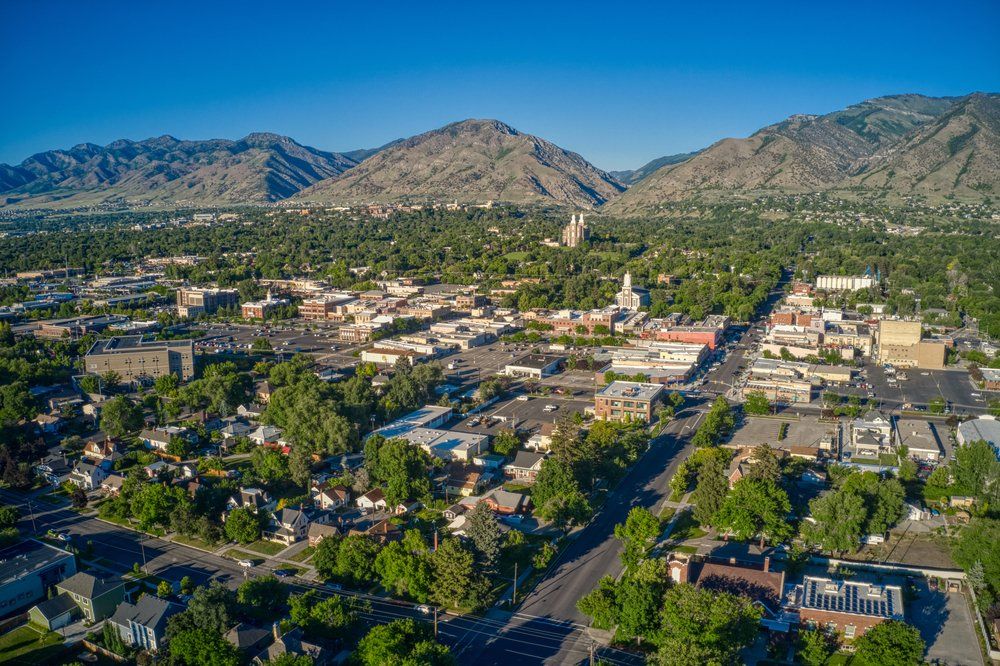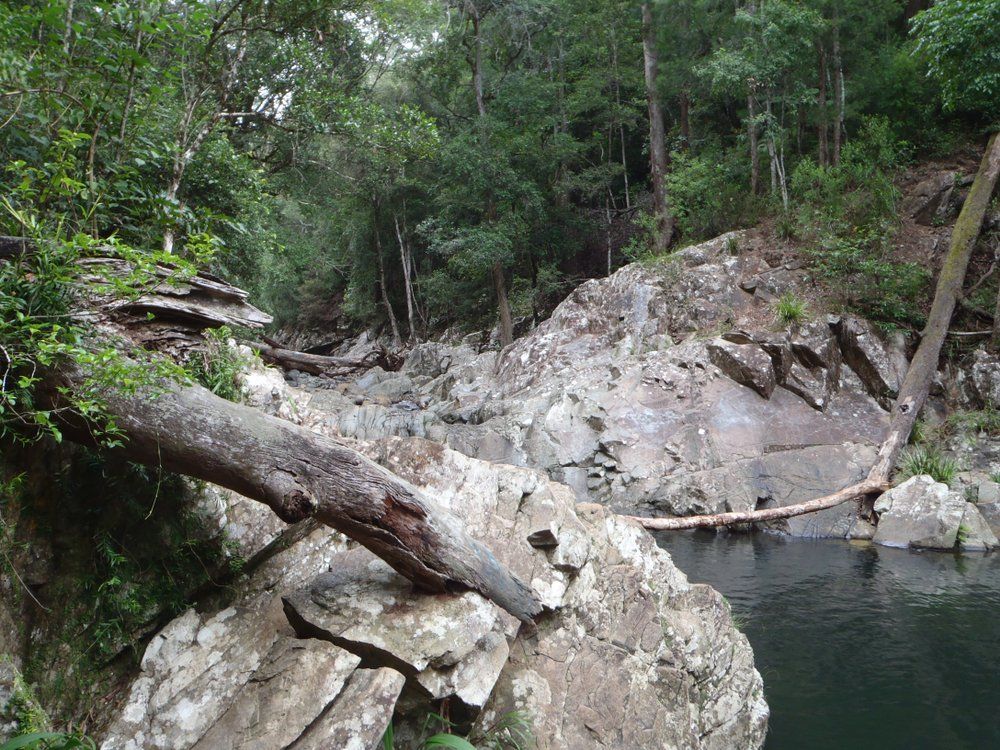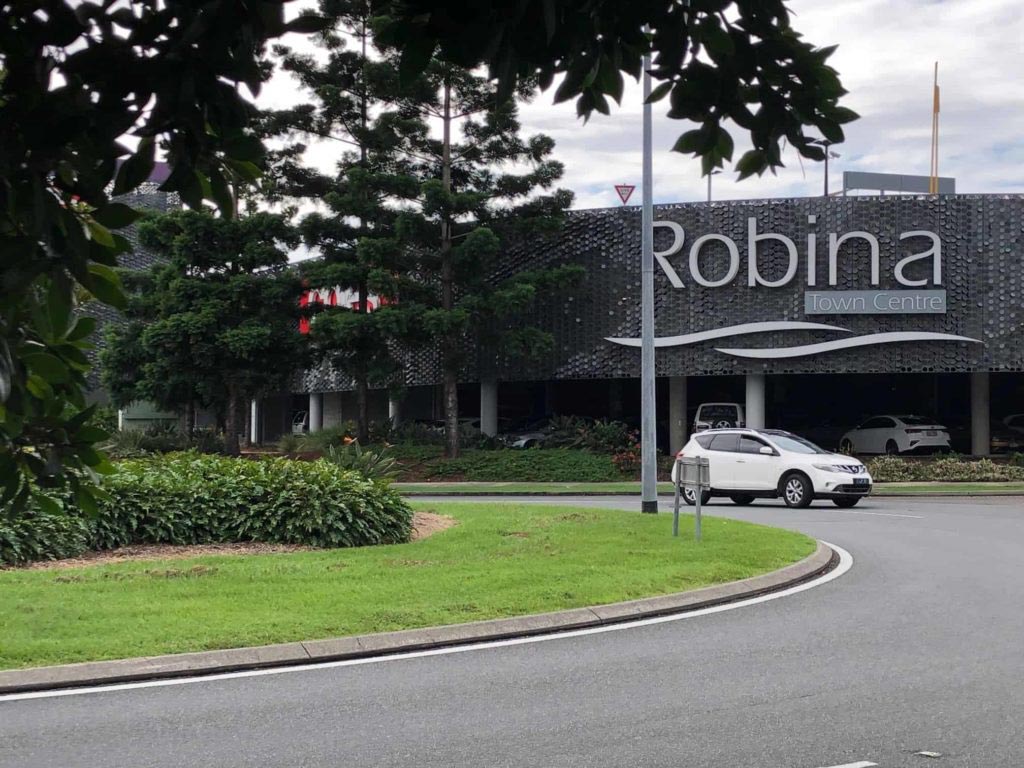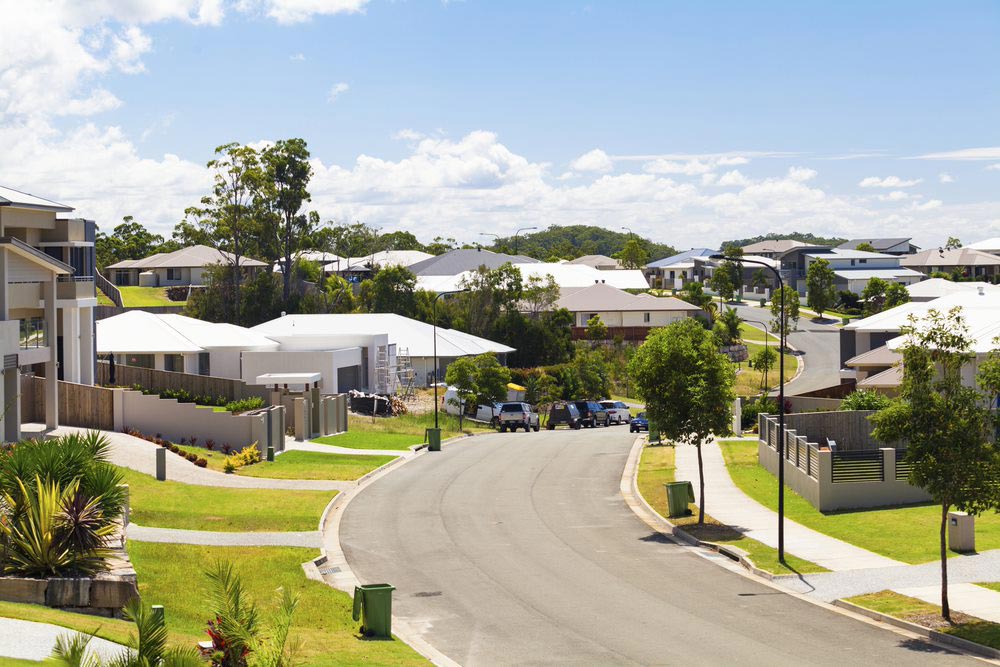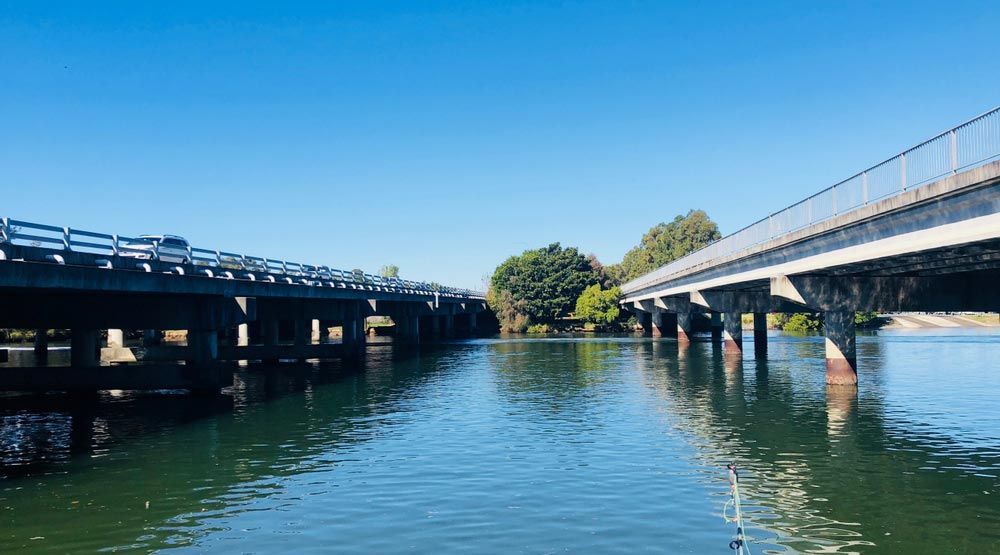Termite Inspections
Northern Rivers, Mid North Coast & Gold Coast
Termite Inspections From $175
Our Trusted Termite Inspection Service
We provide termite inspections, termite protection, termite treatments, and termite control at All Pest Solutions.
We have over 100 years of collective experience in
termite treatment and have saved several homes from this destructive pest. We use the most innovative methods
to maintain the safety of the local families.
Contact the team at All Pest Solutions today if you have any concerns about termites in your house or if you need your annual termite inspection or general
pest control.
Visual Termite Inspection + report - $225
Thermal Imaging Termite Inspection + report - $275
What Is A Termite?
The termite is known as one of the most destructive pests in Australia, and there are over twenty types of termite that can chew through solid wood anywhere in or around your home. Hence, you need to recognise the signs of infestation before it gets to be excessive.
Termites are one of the most common pests in Australia, and we have been exterminating them from homes across the
Gold Coast,
Tweed Coast,
Northern Rivers,
Coffs Coast and
Mid North Coast.
Why Should You Have Regular Termite Inspections?
Our local termite inspectors can perform termite inspections as often as needed to help protect your house from these unwanted pests.
Termites and white ants can cause mass destruction if left undetected, but regular termite inspections can help.
In most cases, if a termite colony is discovered early enough, then the extent of damage caused by the colony will often be significantly reduced.
What Does A Termite Inspection Look Like?
Termite inspections are performed by visually inspecting the readily accessible areas of a home for signs of termite activity and or evidence of termite damage. The inspector will pay attention to any visible roof cavities or roof voids and sub-floor areas during the visual inspection.
All Pest Solutions also uses advanced technologies like thermal imaging and radar to ensure any traces of termite infestation are located. This technology can find even small clusters of termites living in your walls or floors by locating their heat signatures.
We offer a range of termite control services, along with TERM-seal Ura-Fen Shield termite prevention, HomeGuard Precision Termite Management Systems and Termite Barrier Greenzone treatment.
Need Termites Exterminated? Call All Pest Solutions
All Pest Solutions offers a complete termite elimination, prevention and inspection service. No matter what type of termite concerns you might have, our experienced, highly trained team of professionals can help.
Call on 1300 364 509.
Why Are Termites Such Destructive Pests?
Most people are pretty clear that termites are destructive little creatures that can wreak havoc on a property if not promptly eliminated, but may not be sure exactly why they're such a feared pest. Some of the reasons why termites are bad news include:
- Termites don't just eat dry wood - there are more than 350 different varieties of termite here in Australia - some eat damp wood, whilst others will eat anything that's got plant-based fibre (cellulose) in it. Because cellulose is a sustainable, plant-based material, it's increasingly used in anything from insulation to flooring. Some of the items in your home that are likely to contain cellulose include paper, floor coverings (including laminate, cotton-based carpet and timber), clothing, drywall, furniture and cabinetry. In addition, whilst outside termites will eat trees and any timber they can find.
- Termites are hard-working creatures that are constantly eating. Whereas other pests will only become active at certain times of day (rodents, for example, tend to come out to feed during the night), worker termites from a colony are eating 24/7, as well as bringing back nourishment to the soldier termites and reproductive termites that don't venture out. The queen termite also lays large numbers of eggs, rapidly expanding the colony numbers. The number of eggs that the queen termite lays increases as the colony becomes more established - which means colonies grow exponentially if not checked early on.
Different Types of Termites
As already indicated, there are more than 350 different types of termites living here in Australia. Luckily, the majority of them aren't a threat to property. In addition, the most destructive species are mainly prevalent elsewhere in the country. In NSW, there are:
Coptotermes acinaciformis
This species of termite is found across Australia. This is a type of subterranean termite but one that doesn't actually need soil to thrive. Cototermes acinaciformis can survive anywhere, provided there's a steady water supply. They eat wood, including trees, forests and timber structures. Their lack of dependence on soil enables them to easily slip past defences and take up residence in a building. If left to breed, they can cause enormous structural damage.
Coptotermes frenchi and coptotermes lacteus
Both found in NSW, these termites build underground nests. They will destroy timber, including timber structures and trees.
Cryptotermes genus
These are a group of dry wood termite species, including a couple that are indigenous to NSW. They tend to build smaller colonies and the damage they cause is limited if caught early.
Cryptotermes brevis (Indian drywood termite)
This is a termite that's been imported from overseas. It arrives on small pieces of wood, then escapes into coastal areas. Once it enters an area, it has the ability to push out indigenous termite species. As a dry wood termite, it's extremely resilient - it doesn't need a direct source of moisture to thrive.
Note that this type of termite is a notifiable species that needs to be controlled under the Australian Biosecurity Act 2014.
Common Termite Methods of Entry
Although inspections are a useful tool in helping to reduce the likelihood of a termite infestation, they're only one of a number of methods that need to be deployed if your property is at risk from this type of pest. Termites can be incredibly inventive in the ways that they enter a property.
Not only can some species create subterranean tunnels up to 50m long, which enables them to pop up inside your home! If you have wooden doorframes or decks, termites can burrow their way in. Similarly, if you've got a woodpile adjacent to your home's wall, termites may colonise it, then set themselves to burrowing into your property. Subterranean termites can also creep through cracks in concrete foundations or flooring. There is also the possibility that you may even carry termites in on wood (if the wood hasn't been correctly stored, for example).
Keeping the chance of termite infestation to an absolute minimum requires a combination of inspection, prevention and rapid treatment in the event that evidence of termite activity is discovered.
Locations for Termite Infestation
Typically, termites will gnaw at timber in locations where they're unlikely to be disturbed. These may include basement cellars, joists, flooring (particularly under or behind furniture), drywall and at the back of cabinets and cupboards. In between professional inspections, we recommend ongoing vigilance to check for signs that termites are encroaching on your property.
Frequently Asked Termite Inspection Questions
How Do You Tell If You Have Termites In Your Home?
To prevent termites from ruining your home, you should act fast if you suspect you have an infestation. However, here are six warning signs worth watching out for both inside and outside your home.
- Drywall that is discoloured or drooping.
- The paint is peeling as if it has been damaged by water.
- Tapping wood makes it sound hollow.
- The drywall has pinpoint holes.
- Flooring boards that buckle when walking on them.
- Tiles are becoming loose due to added moisture caused by termites.
What Happens If You Find Termites After You Buy A House?
Pre-purchase pest and building inspections are meant to protect buyers from instances like a termite infestation, but they are not always reliable. These inspections are visual only and can be marred by furniture or other household items covering areas where termites have caused damage.
Before purchasing a home, we strongly advise getting an independent inspection completed by a professional termite company for your peace of mind. However, if it is too late for that, act fast to fumigate your home and seek legal advice.
Will I need inspections once I've got termite protection in place?
If you've opted for some physical barriers to termite-proof your home then it's certainly less likely that you'll be the subject of an infestation. That said, given that termites can enter your household on timber that's carried in from outside, or can penetrate through the smallest crack in your concrete, it's still important to keep up with annual inspections.
As time goes on, your property inevitably changes - a small deterioration in a concrete floor, for example, or the installation of fresh decking that hasn't been termite-proofed - could begin to increase the opportunities for an invasion. An annual inspection will pinpoint any changes to your property that require attention, as well as reinforce the need for appropriate storage of timber to keep termites at bay.
What happens if you find evidence of termites?
Based on what we find in your property, we'll compile a report that lists our findings, as well as provides a series of recommendations for improvements in termite prevention measures and/or termite eradication options if required. When we find termites, we'll recommend a way to eliminate them quickly and permanently.
What signs are there that I might have termites?
The following all indicate signs that you may have a termite problem:
- Flying termites
- Hollow-sounding or thin timber.
- Tunnels in your timber.
- Termite droppings.
- White "ants"
- The sound of termite head-banging.
- Windows and doors that are tough to open.
To find out more about termite inspection, or to book a termite inspection, call the team at All Pest Solutions on 1300 364 509.
